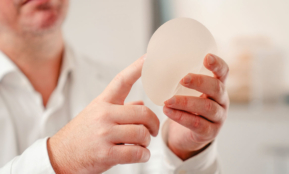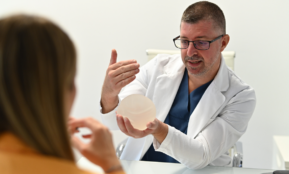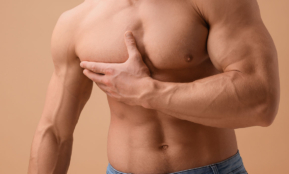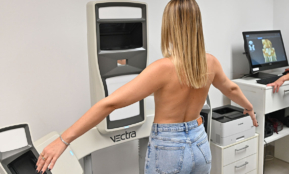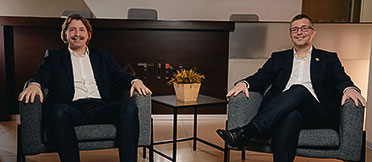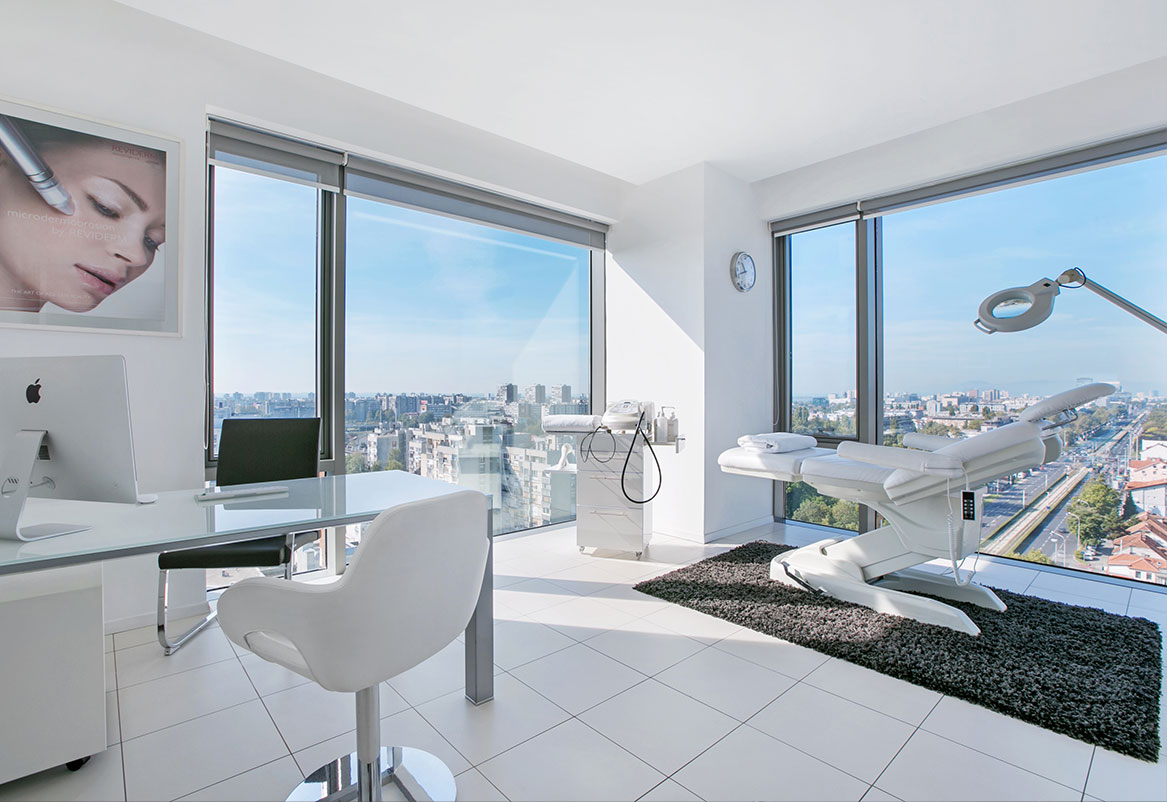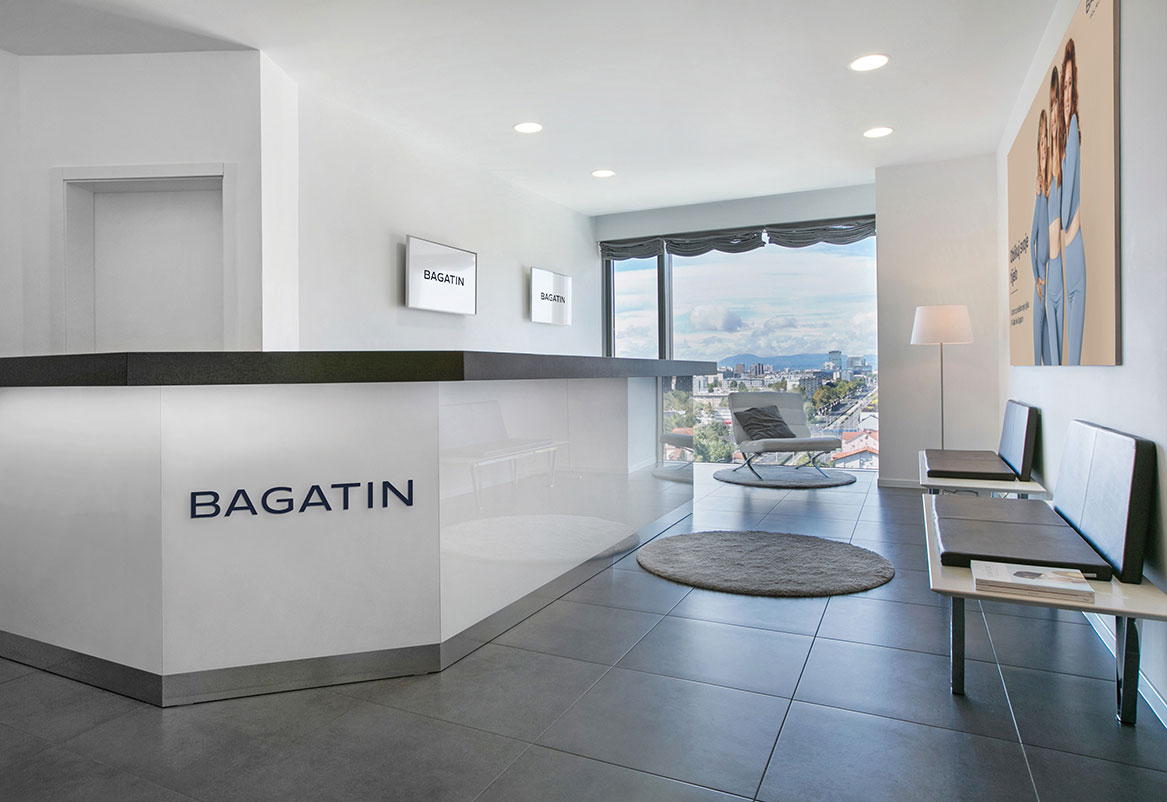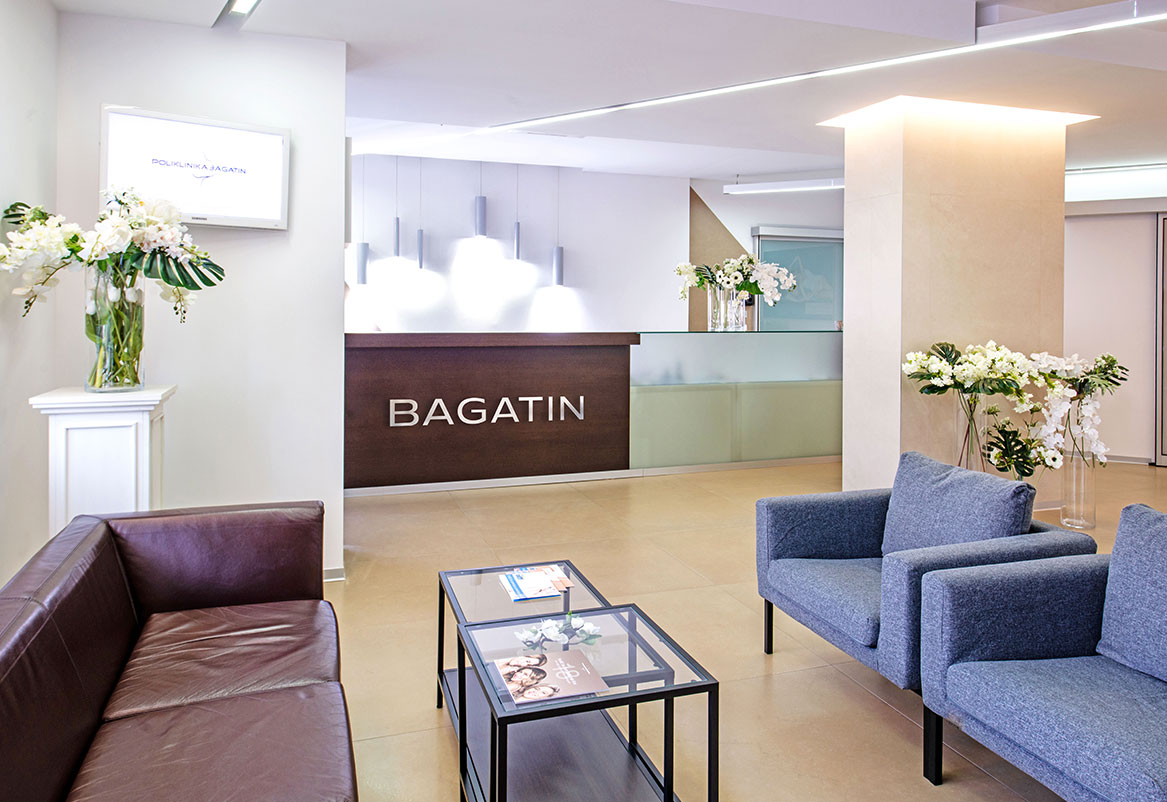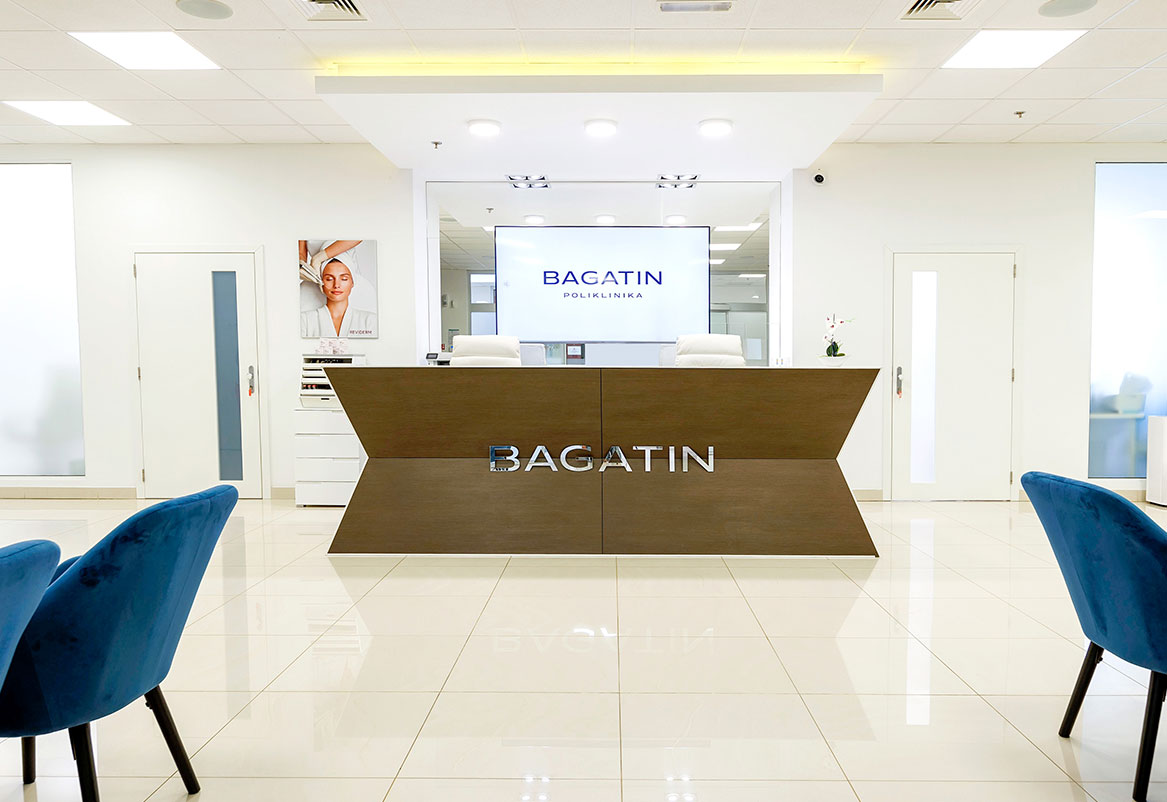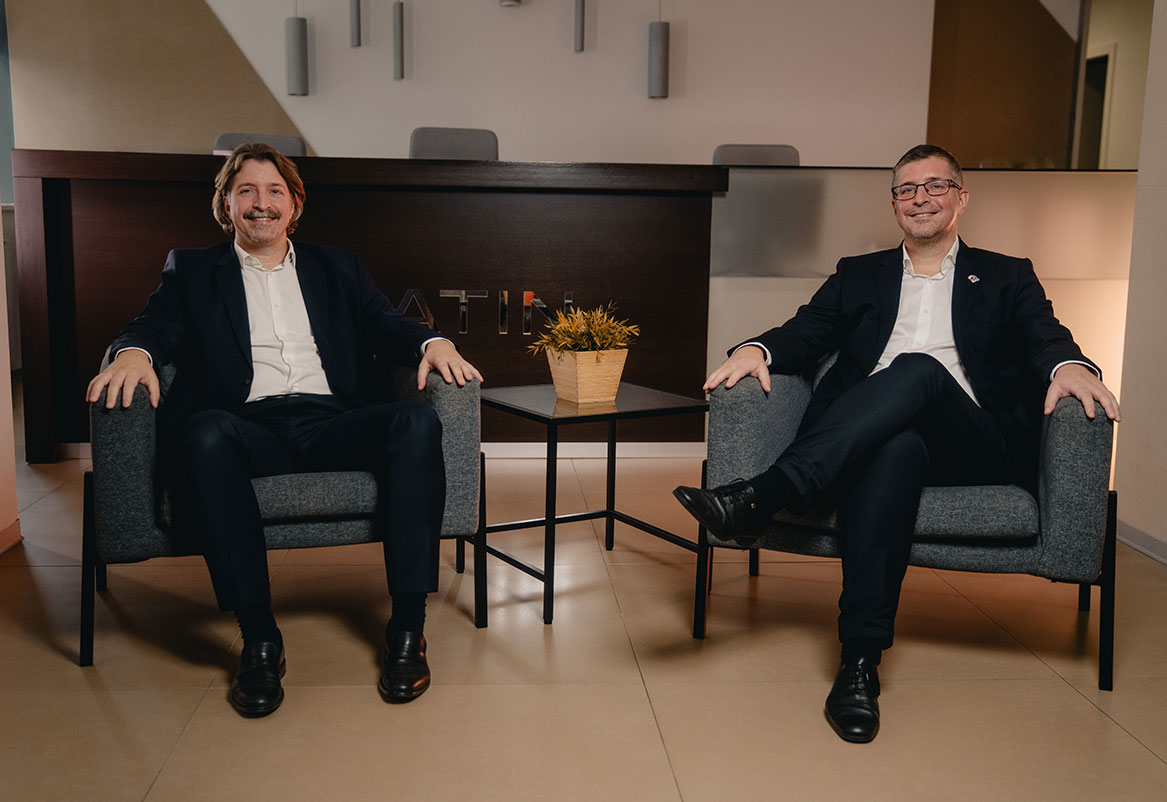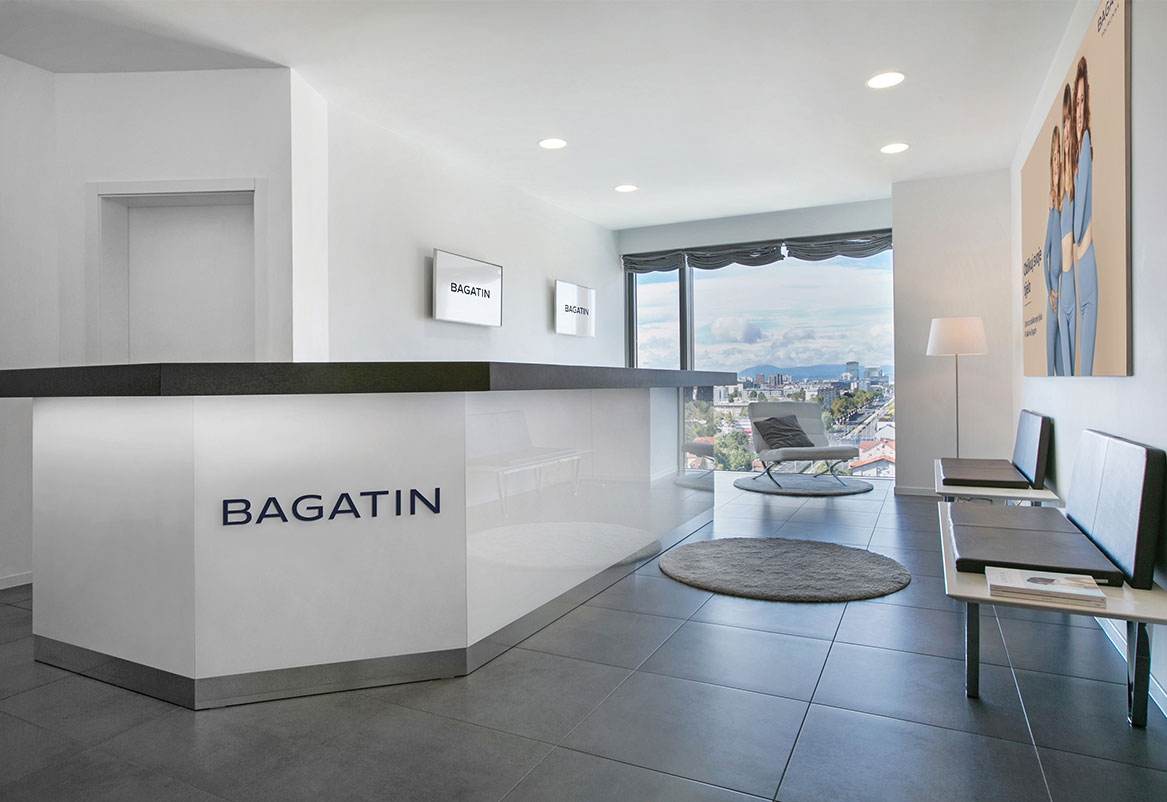Aesthetics
Face
The most modern facial treatments help you look younger, more elegant and happier.
Body
Feel comfortable in your body and correct sources of discomfort.
Chest
Make your wish for a better appearance come true and restore your self-confidence with aesthetic correction.
Hair and scalp
Minimally invasive solutions for hair loss and a natural look.
Issues
Find solutions to some of the most common aesthetic problems.
Treatments
Surgery
Treatments

Hair and scalp mesotherapy
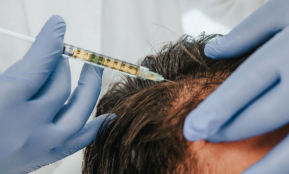
Thinning hair therapy with your own blood
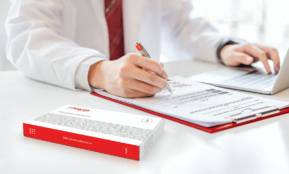
Trichotest – DNA analysis of hair loss and baldness

Hair loss in women – causes and how to prevent it
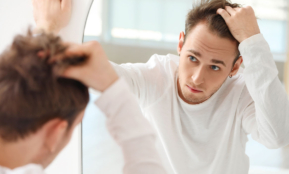
Hair loss in men – causes and how to prevent it
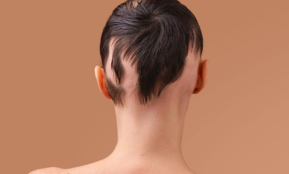
Alopecia – hair loss
FACE
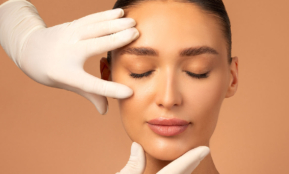
BODY
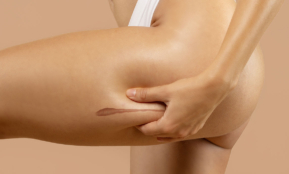
Implantology Center
Different methods of solving the problem of missing one or more teeth.
Prosthetics
The most common solution in cases of functional or aesthetic tooth damage.
Aesthetic Dentistry
Harmonious tooth shaping and tooth color correction according to your wishes.
General Dentistry
Modern and timely diagnostics, treatment and dental hygiene are the key to the health of your teeth.
Issues
Find solutions to some of the most common aesthetic problems.
About us
Locations
Acne is one of the most common chronic skin diseases. It is believed that about 80% or more of adolescents have acne, which is more or less pronounced, but acne is not exclusively a disease of adolescence, but also occurs in adulthood, more often in women and affects up to 20% of the population. A large number of people believe that acne will go away on its own over time and do not seek help from a dermatologist. However, people who have a more severe degree of the disease increase the possibility of late consequences in terms of the appearance of permanent acne scars.
Acne is not caused by poor hygiene, and excessive cleansing and scrubbing of the skin with various irritating products (foams, soaps, gels, lotions) can worsen the condition of the skin and result in redness and peeling. Squeezing acne yourself can also worsen the condition, i.e. cause an increased inflammatory reaction that can result in the formation of hyperpigmentation and a new scar. The fact is that today there are numerous effective treatments available that will significantly reduce the appearance of new lesions, and thus the appearance of late consequences – hyperpigmentation that can last a long time and scars as permanent consequences. Successful treatment contributes to the self-confidence of every person who has acne.
How does acne occur?
People with acne often share the same problem with someone in their immediate family (father, mother, brother or sister). It is believed that we inherit the size of the sebaceous glands and their functional sensitivity to hormonal influences, as well as a tendency to follicular keratosis. This refers to hormones with an androgenic effect, the circulating level of which in the blood does not necessarily have to be elevated, but the sensitivity of the sebaceous glands to these hormones is increased. Under hormonal influence, there is increased sebum secretion, disruption of keratinization in the follicle, multiplication of bacteria that are otherwise normal inhabitants of our skin and, consequently, the appearance of comedones, and then inflammatory lesions – papules, pustules and inflammatory nodules.
Acne can be embarrassing at any age. The first appearance of the disease is possible even before the age of 10. During puberty and adolescence, acne typically affects certain areas of the skin, such as the forehead, cheeks, nose, chin, neck, shoulders, chest, and upper back. Effective and timely treatment of acne will prevent the appearance of acne scars.
Acne in adulthood
Acne is not just for teenagers; it is becoming more common for women in their 30s, 40s, or even 50s to come to our office with the same problem. It is estimated that 15% of women and 5% of men have acne as adults.
In adulthood, acne more often appears on the skin of the lower face, on the chin, and along the lower jaw. Even people who did not have acne in adolescence can have the onset of the disease in adulthood.
These changes occur due to various etiological factors, such as hormonal fluctuations during the cycle (especially a few days before menstruation), after stopping oral hormonal contraception, polycystic ovary syndrome, perimenopause, and menopause.
Also, stressful periods, such as during exam periods, taking certain medications, using inadequate skincare products, and more can cause adult acne. Fortunately, adult acne can be effectively treated.
Does diet affect the appearance of acne?
There is a lot of talk about the influence of diet on the worsening of acne. Over the years, opinions on this have changed. Currently, the dominant professional opinion is that excessive consumption of foods with a high glycemic index can worsen acne, and a correlation with the consumption of cow’s milk has also been proven.
Namely, a diet rich in carbohydrates (e.g. cakes, pasta, biscuits, ice cream, sweetened drinks) causes the secretion of higher amounts of insulin. Hyperinsulinemia induces increased secretion of androgens, glucocorticoids and growth factors, which cause a disruption in keratinization in the follicle and increased sebum secretion, which leads to the formation of comedones, and then papules and pustules.
It is known that acne is a common problem in women with polycystic ovary syndrome who, in addition to the imbalance of sex hormones and other symptoms of the disease, also have insulin resistance or hyperinsulinemia.
Acne treatment
Acne treatment is a long-term process that requires close collaboration between the dermatologist and the patient to ensure effective control of new lesions. It is often necessary to wait several weeks after starting the prescribed treatment to see its effects, and sometimes there may be a short-term worsening before the new lesions are under control.
As a rule, it is necessary to combine preparations for the treatment of acne, and in some cases we use oral antibiotic therapy, which provides us with an antibacterial and anti-inflammatory effect in addition to its antibacterial effect. Furthermore, chemical peels and microdermabrasion can be part of complementary treatment at a certain stage of the disease.
For the treatment of severe forms of acne that do not respond to other forms of therapy, we prescribe isotretinoin (a derivative of vitamin A), an extremely effective drug that acts on all etiological factors of acne, but which also has significant side effects that the dermatologist who prescribed the drug will carefully monitor and explain to you.
Isotretinoin causes dryness of mucous membranes and skin, increases skin sensitivity to the sun, and can cause an increase in triglycerides, cholesterol, and liver enzymes. The most serious side effect of isotretinoin is its teratogenic effect, so effective contraceptive measures are mandatory if the drug is given to young women.
Laser acne treatment
One of the most effective methods for treating inflammatory processes within the skin is laser treatment . At the Bagatin Polyclinic, we treat acne with a diode laser, which removes bacteria in the subcutaneous tissue. It is ideal for all of the above types of acne, including those in the inflammatory process, where mechanical treatment would lead to even greater irritation, as well as those that are not in the inflammatory process.
With its work and energy, it soothes the skin and removes bacteria that cause acne, narrows pores and thus reduces sebum secretion.
All stages of acne and any affected area can be treated. The face is most commonly treated, but the back, chest, or any other part of the body can also be affected. The treatment is completely painless, a slight burning sensation may be felt in the area where the inflammatory process is active. In the area where there is no inflammatory process, patients feel almost nothing.
If the products you have used to treat acne so far have not yielded satisfactory results, it is time to contact a dermatologist who will prescribe an adequate treatment plan, which will ensure effective control of the disease and certainly significantly contribute to your self-confidence.
Solve the problem of acne and restore self-confidence. Order a dermatological examination by calling 01 4610 225 or info@bagatin.hr .
Contact us with confidence!


